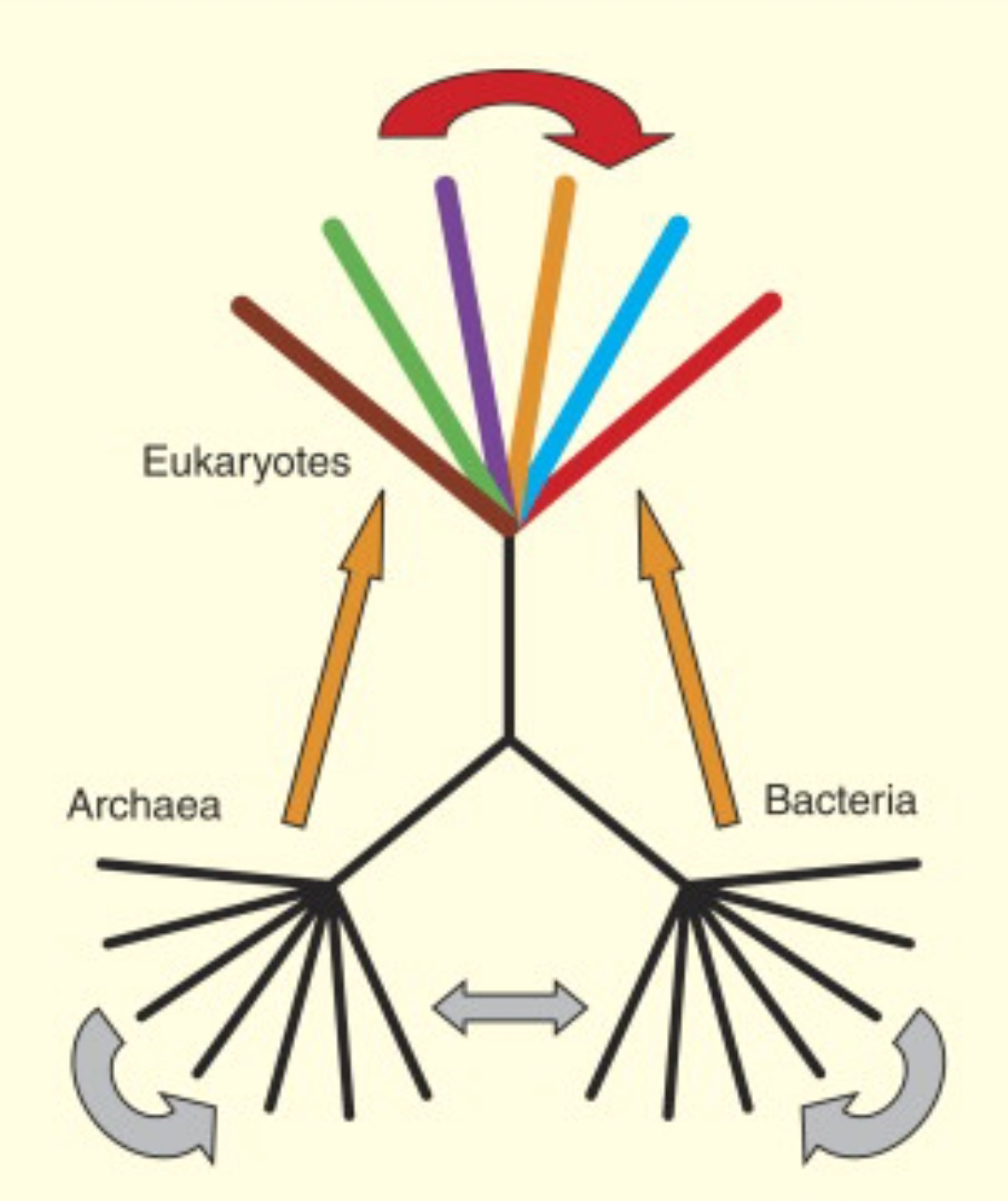Epigenetic patterns in the human genome challenges Neo-Darwinism

The journal article "Epigenetic patterns in a complete human genome" presents a groundbreaking exploration of the human epigenome, utilizing the recently completed telomere-to-telomere (T2T) reference genome, T2T-CHM13 . This study provides an unprecedented high-resolution view of epigenetic modifications across previously unresolved genomic regions, shedding light on the intricate regulatory mechanisms that govern gene expression and cellular function. Unveiling the Hidden Epigenome: The T2T-CHM13 reference genome, a significant advancement over previous incomplete versions, enables researchers to investigate epigenetic patterns in regions that were previously inaccessible or poorly understood. These regions include repetitive sequences, segmental duplications, and the entirety of acrocentric chromosome short arms. By comprehensively mapping CpG methylation, DNA accessibility, and chromatin immunoprecipitation sequencing (ChIP-seq) peaks, the study reveals a w...



